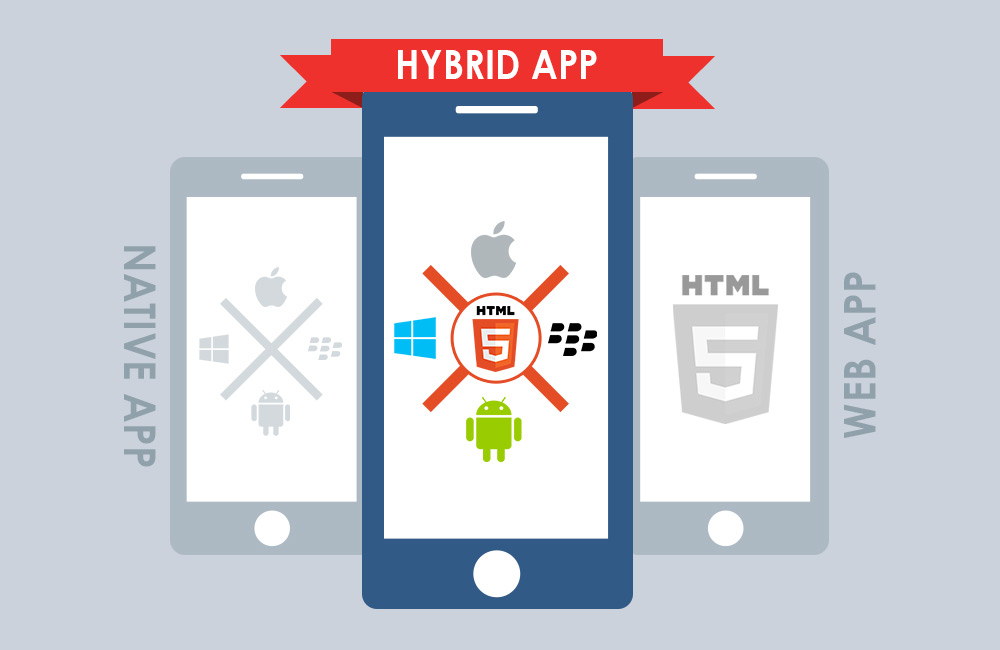The choice of mobile apps completely relies on business needs and customer expectations. While web-based and native apps offer numerous perks, hybrid mobile applications have earned popularity in no time. It is because of their flexibility across multiple platforms. This idea boils down to developing a single application that smoothly works across various platforms. Besides, hybrid apps make it somewhat faster to hold a spot in the app store market.
This blog highlights the major benefits of hybrid mobile app development, and how this mobile development approach helps businesses globally:
Hybrid App Advantages
Hybrid application development is highly affordable and faster. It is the most sought after strategy thanks to the increase in the number of mobile users, device fragmentation, app usage, and more.
Moreover, Hybrid apps blend the best and worst components of both native and web apps. HTML5, JavaScript, and CSS are some of the popular web technologies employed to create apps. They also provide access to essential platform features that run on both Android and iOS. Read on to learn some advantages of this platform for businesses:
Hybrid App Development offers a steady and perfect user experience across Android, iOS platforms. Hybrid applications work for mobile by embracing the web efficiently. Moreover, the lightweight hybrid app UI assists in loading content and graphics instantly.
One of the foremost benefits of hybrid mobile apps is that they are simpler and faster to develop than a native app. It allows companies to leverage their current web development talent pool to lead the mobile market.
Another advantage of hybrid mobile application development is its uncomplicated maintenance. For native apps, the development teams have to roll out new versions with every update. More so, the users are expected to update their apps with every new version release.
The most vital benefits of hybrid apps come from its economical development costs. The hybrid mobile development approach facilitates the targeting of multiple platforms without managing diverse code bases. Unlike native apps, hybrid applications use a single code base for multiple platforms and reduce the overall cost as well as efforts.
Mobile applications usually experience limitations emerging due to the lack of offline support. It is a hurdle for companies that cater to customers from rural areas or places where internet connectivity is a challenge. And statistically, it has been proven that 70% of people click off an app due to poor loading time. But a hybrid platform offers you offline features to let your business grow.
Hybrid apps deliver high speed and performance similar to native apps. In fact, in some cases, they are even quicker than responsive apps. This is because of no dependency on network communication.


Recent Comments